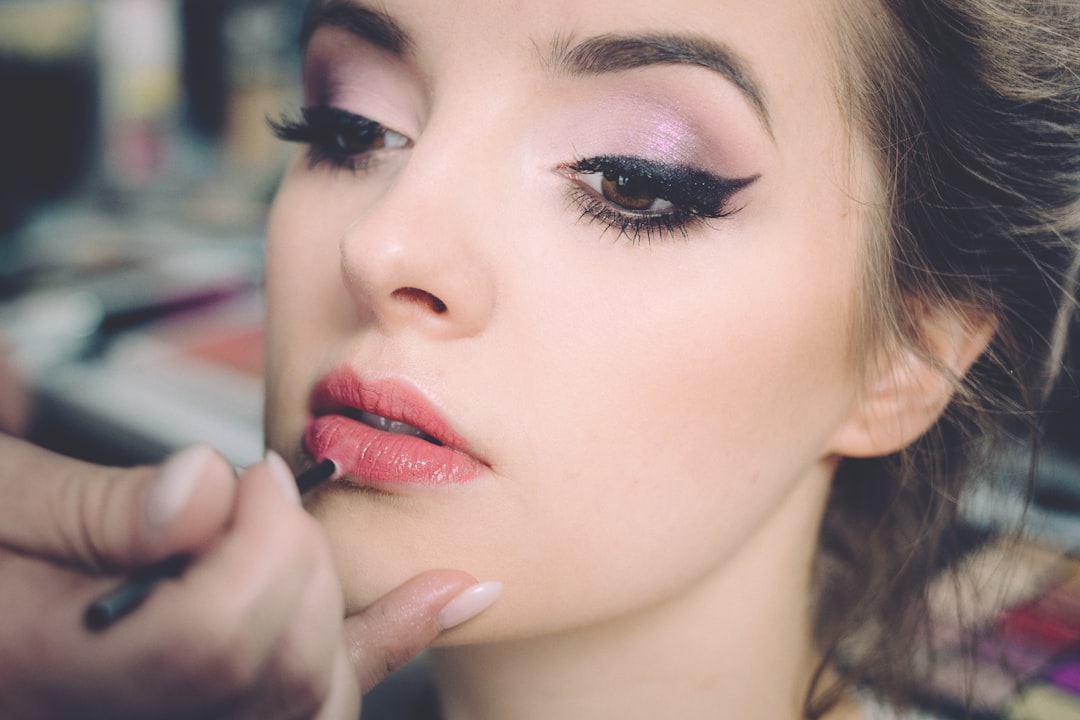

Visual Inspection: Check if your hair is at least 1/4 inch long. (Don't forget to use a ruler!) If it's too short, the wax won't be able to grip the hair properly.
Consider Your Skin Type: Take into account your skin type when choosing exfoliation products. If you have oily skin, look for products with salicylic acid to unclog pores. Get the best hard wax products from Wax Wax. wax to remove hair For dry skin, opt for hydrating exfoliants to prevent further dryness.
Frequently Asked Questions
Types
When waxing at home, it is crucial to choose the right type of wax for your skin and hair type. Different waxes are designed for specific areas of the body and hair textures, so selecting the appropriate one will ensure a more effective and less painful waxing experience. (It's best to do a patch test before applying any new wax to larger areas of skin!) This can help prevent allergic reactions or irritation that may occur if the wax is not suitable for your skin type.
Avoid unnecessary pain and discomfort: Pulling off the wax strip multiple times from the same area can increase pain and discomfort. It is essential to remove hair efficiently in one go to reduce unnecessary suffering.
Not to be confused with Wax play or Waxwing .
Waxing at home can be convenient for many people, but it also comes with its own set of challenges and considerations.
Soy Wax: Soy wax is another gentle option for sensitive skin, made from natural ingredients that are less likely to cause allergic reactions or inflammation. does hard wax need strips (H3)
4. Which type of wax tends to be more gentle on the skin?
Tips for preparing sensitive skin before waxing
Potential skin benefits of regular waxing over shaving or depilatory creams
Waxing is the process of hair removal from the root by using a covering of a sticky substance, such as wax, to adhere to body hair, and then removing this covering and pulling out the hair from the follicle. New hair will not grow back in the previously waxed area for four to six weeks, although some people will start to see regrowth in only a week due to some of their hair being on a different human hair growth cycle. Almost any area of the body can be waxed, including eyebrows, face, pubic hair (called bikini waxing or intimate waxing), legs, arms, back, abdomen, chest, knuckles, and feet. There are many types of waxing suitable for removing unwanted hair.
Despite its benefits, waxing also has drawbacks such as ingrown hairs and minor bleeding. Additionally, individuals with certain medical conditions or taking specific medications may be at higher risk for skin irritation or complications during waxing.

Waxing is a popular method of hair removal that offers various benefits, one of which is a decreased risk of ingrown hairs. When done correctly, waxing can help prevent ingrown hairs from forming, resulting in smoother and clearer skin. This is especially beneficial for those prone to ingrown hairs, as waxing removes hair from the root, allowing it to grow back finer over time.
Potential for longer-lasting and smoother results
When considering waxing for sensitive skin, there are different types of waxes that can be more gentle and suitable for those with delicate skin. (H3)
Male chest before and after waxing.
Tips on choosing the right exfoliation products for your skin type before and after waxing
Don'ts: